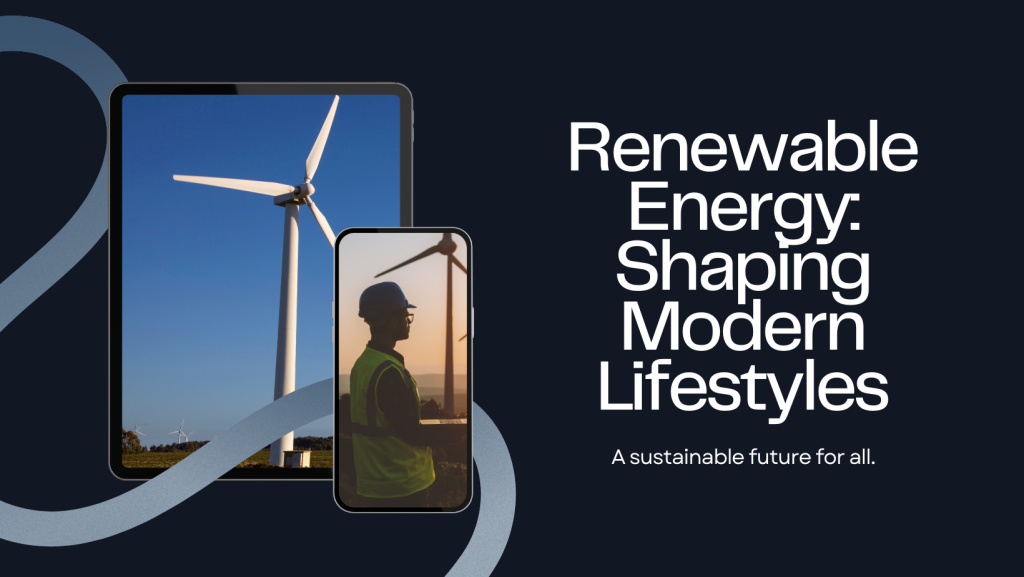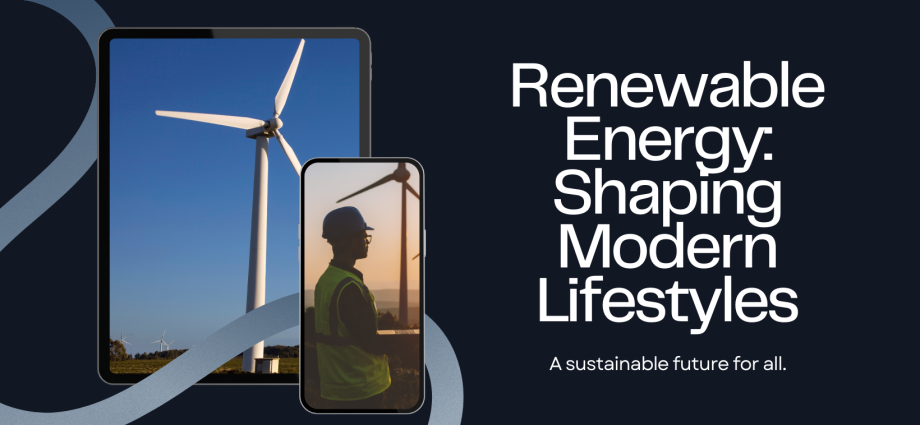Modern cultures have been integrating renewable energy sources more and more in recent years. There is a growing awareness of the significance of switching from fossil fuels to sustainable alternatives as worries about climate change increase. This change has a big impact on how people live and use technology in addition to addressing environmental issues.
Solar energy, wind energy, and hydroelectric power are examples of renewable energy technologies that provide a more sustainable and environmentally friendly method of producing energy. In addition to lowering carbon emissions, they also support resilience and energy independence in the face of volatile energy markets. Smart grids make it possible for communities and people to use power from a variety of sources by facilitating the effective distribution and management of renewable energy.
The shift to renewable energy is changing people’s lifestyles by emphasizing energy efficiency and conservation more. With the help of energy-efficient appliances and smart home technologies that optimize energy use based on real-time data, people can now take charge of their energy use. In addition, the increasing number of electric vehicles provides a more environmentally friendly means of transportation, hence decreasing dependency on fossil fuels.
Renewable energy innovations help customers individually and also advance the more general objectives of environmental stewardship and sustainability. Modern societies are decreasing their carbon footprint and laying the groundwork for a more robust and sustainable future by adopting these technologies.



Comments are closed, but trackbacks and pingbacks are open.